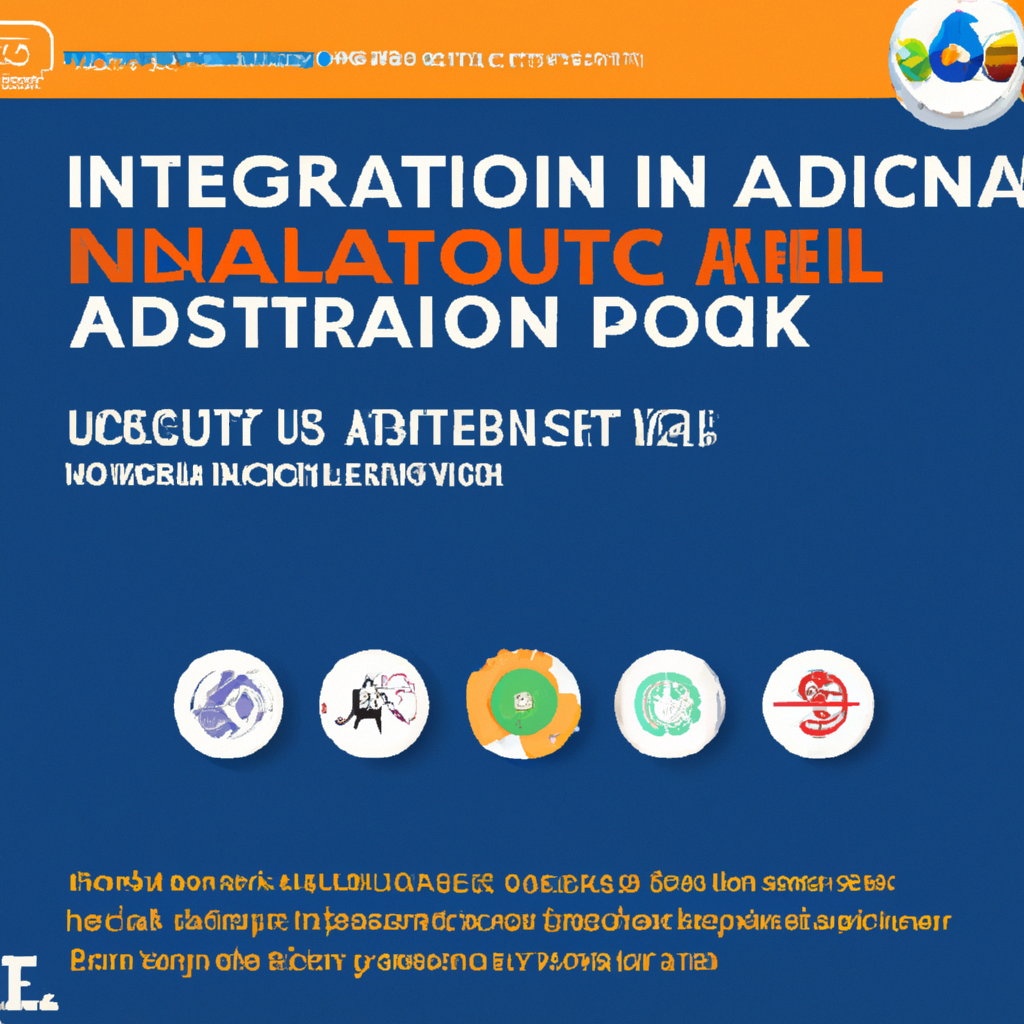The Role of AI in Personalized Learning
In recent years, artificial intelligence (AI) has made significant strides in various industries, and education is no exception. One of the areas where AI has the potential to revolutionize the educational landscape is in personalized learning. Personalized learning is an approach to education that tailors instruction to meet the individual needs of each student, taking into account their strengths, weaknesses, interests, and learning style. AI can play a crucial role in making personalized learning more effective and efficient.
Adaptive Learning Platforms
One of the key ways AI is used in personalized learning is through adaptive learning platforms. These platforms use AI algorithms to analyze data on students’ performance and behavior to deliver customized learning experiences. For example, AI can track a student’s progress on assignments, quizzes, and tests, and then recommend specific learning materials or activities based on their performance. This allows students to learn at their own pace and focus on areas where they need the most help.
Personalized Recommendations
AI can also provide personalized recommendations to students based on their learning preferences and performance data. For instance, AI algorithms can suggest relevant reading materials, videos, or interactive simulations that align with a student’s interests and knowledge level. This not only helps students stay engaged and motivated but also enhances their learning experience by catering to their individual needs.
Automatic Grading and Feedback
Another way AI can support personalized learning is through automatic grading and feedback. AI-powered assessment tools can quickly evaluate students’ work, such as essays, quizzes, or coding assignments, and provide immediate feedback on their performance. This enables students to identify their mistakes and areas for improvement in real-time, allowing them to make necessary adjustments and progress more effectively.
Virtual Tutors
AI can also act as virtual tutors, providing students with personalized support and guidance outside of the traditional classroom setting. Virtual tutors can answer students’ questions, offer explanations, and provide additional practice exercises to help reinforce learning concepts. This personalized assistance can be especially beneficial for students who may need extra help or individualized instruction.
Enhanced Data Analysis
Additionally, AI can analyze large amounts of data on students’ learning patterns, performance, and behavior to provide valuable insights to educators. By using predictive analytics, AI can help teachers identify struggling students, anticipate learning difficulties, and tailor instructional strategies to meet individual student needs. This data-driven approach can lead to more targeted interventions and improved learning outcomes.
Conclusion
Overall, AI has the potential to revolutionize personalized learning by providing tailored instruction, recommendations, feedback, and support to students. By leveraging AI technologies, educators can create more engaging, effective, and efficient learning experiences that cater to the diverse needs of students. As AI continues to advance, the role of AI in personalized learning is only expected to grow, ultimately transforming the way we teach and learn in the digital age.
